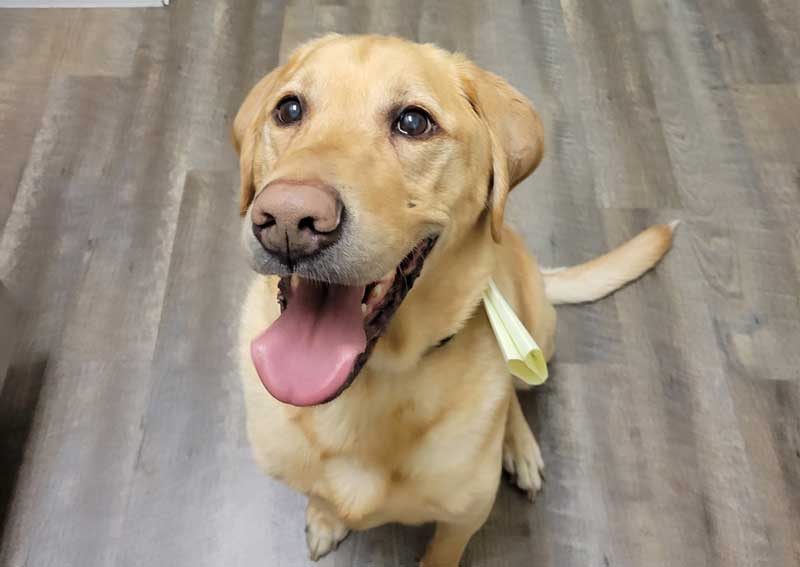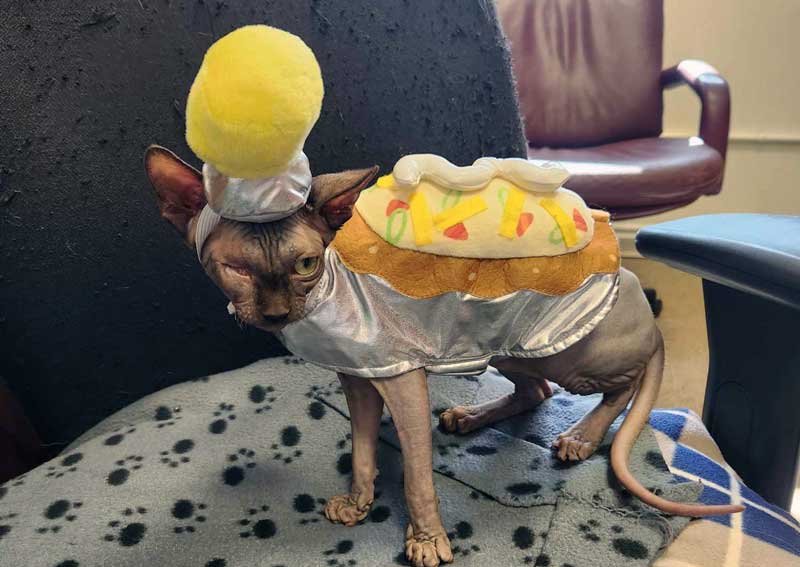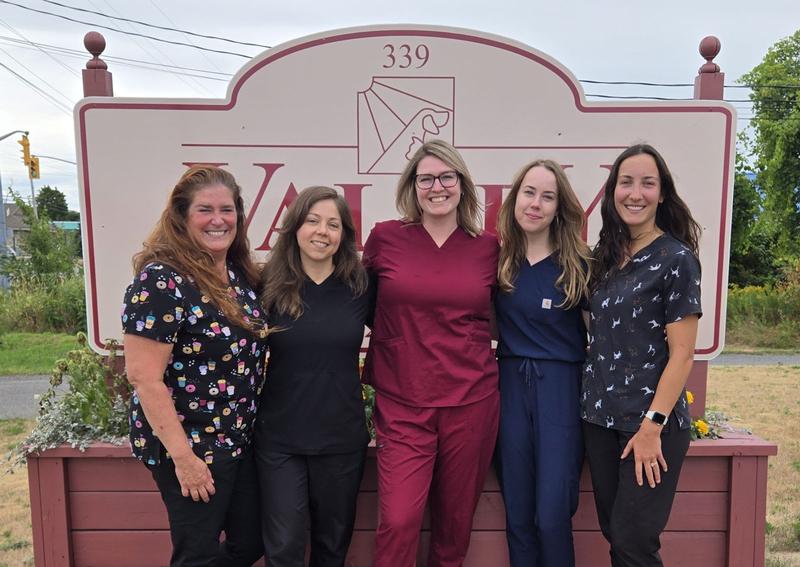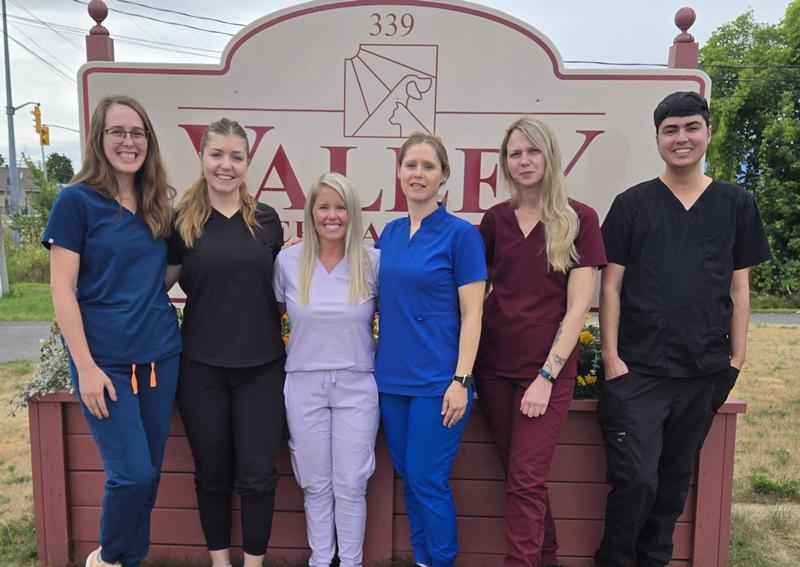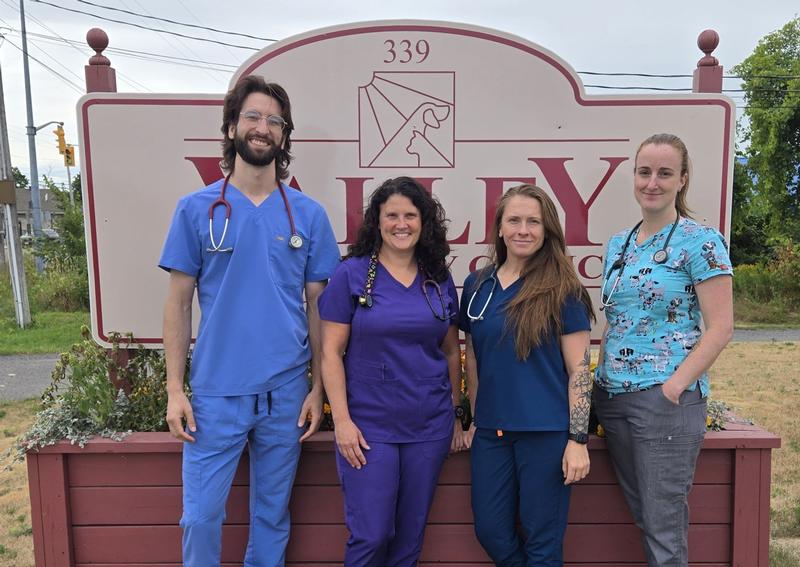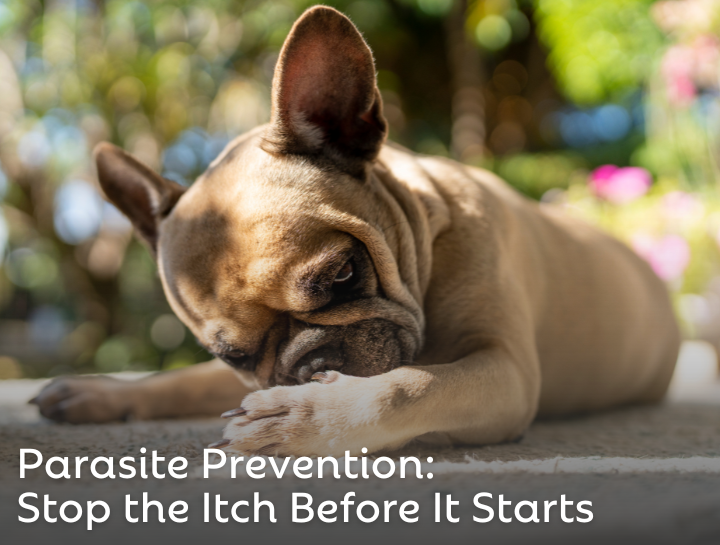Your local veterinarians in Carleton Place, ON!
At Valley Veterinary Clinic, we are focused on providing compassionate, high-quality veterinary care. We believe that pets are more than just animals—they are beloved family members. That's why we focus on providing personalized, preventative care to help your pets live long, vibrant lives. Whether it's routine wellness checkups, specialized treatments, or emergency care, we're committed to delivering the best in veterinary medicine with a gentle touch.
Our approach is centered on understanding your pet's individual health journey, so we can offer tailored care that fits both their physical and emotional well-being.
Proudly serving Carleton Place and the surrounding communities, our dedicated team is here to support you in fostering a healthy, happy bond with your furry family members.
We welcome new clients! Call us today to inquire at 613-257-3202
Parasite Prevention: Stop the Itch Before It Starts
March is Parasite Prevention Month. Discover how to identify the silent signs of infestation and learn how to protect your dog or cat from the hidden dangers of fleas, ticks, and heartworms.
Learn More »Our Clients Love Us

The staff at Valley Veterinary Clinic are great with our dogs. Everyone seems genuinely interested in the wellbeing of our animals. They send reminders of upcoming visits- needed vaccination...
Michael McDevitt

Chewy was very nervous but was given time to adjust and didn’t even feel his shots?? thank you for your kind treatment of him??
Bonnie Swallow

4.7
Rating on
Google Reviews!

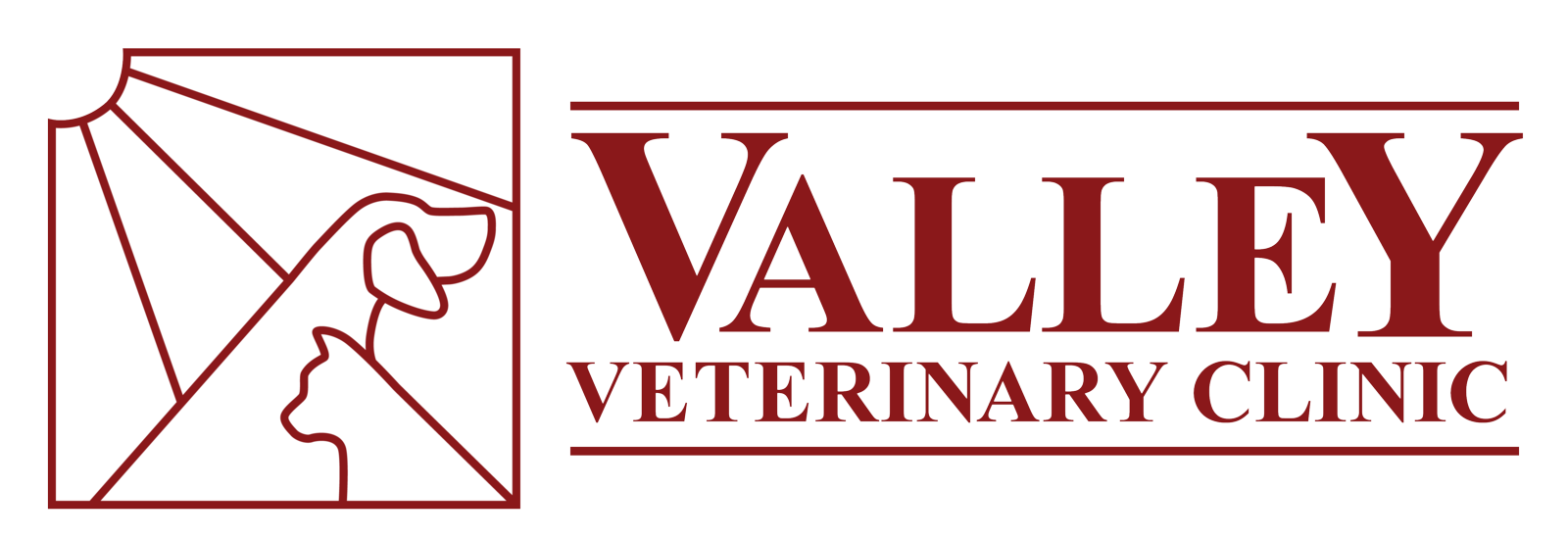
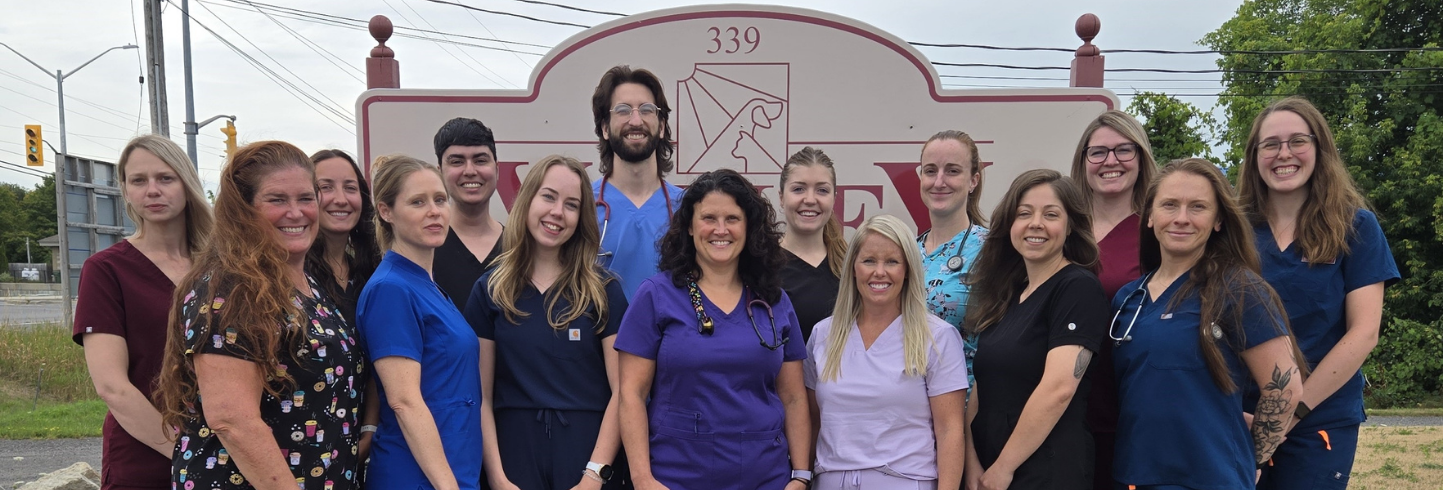
.png)
.jpg)
